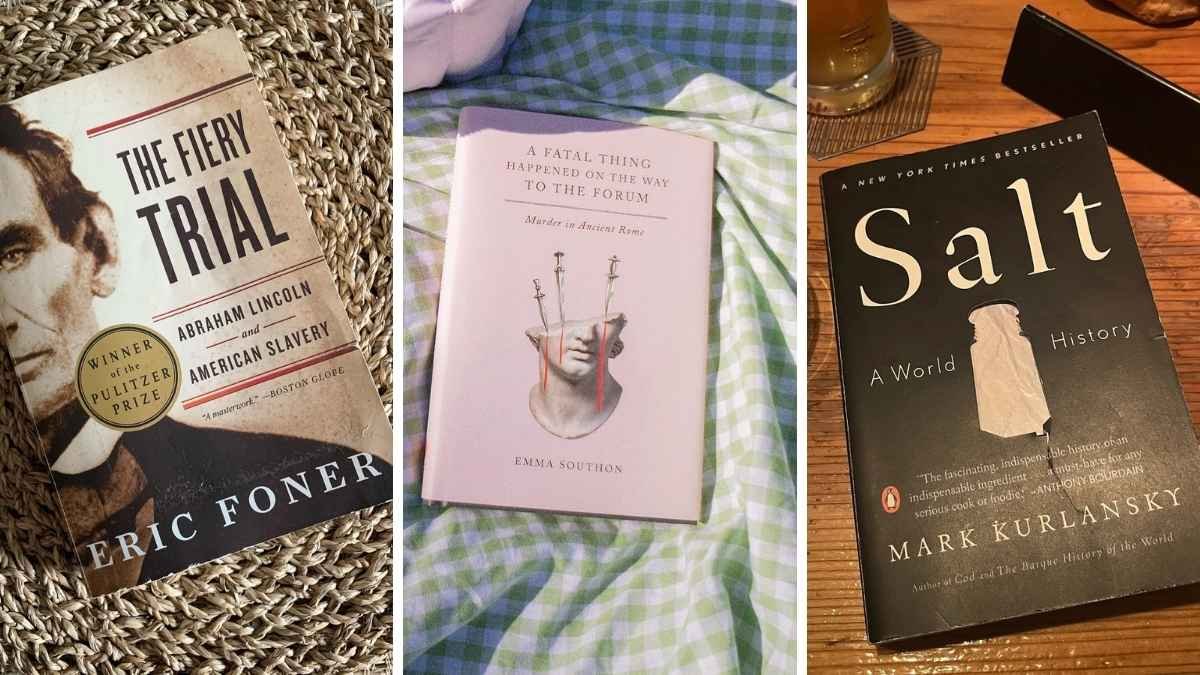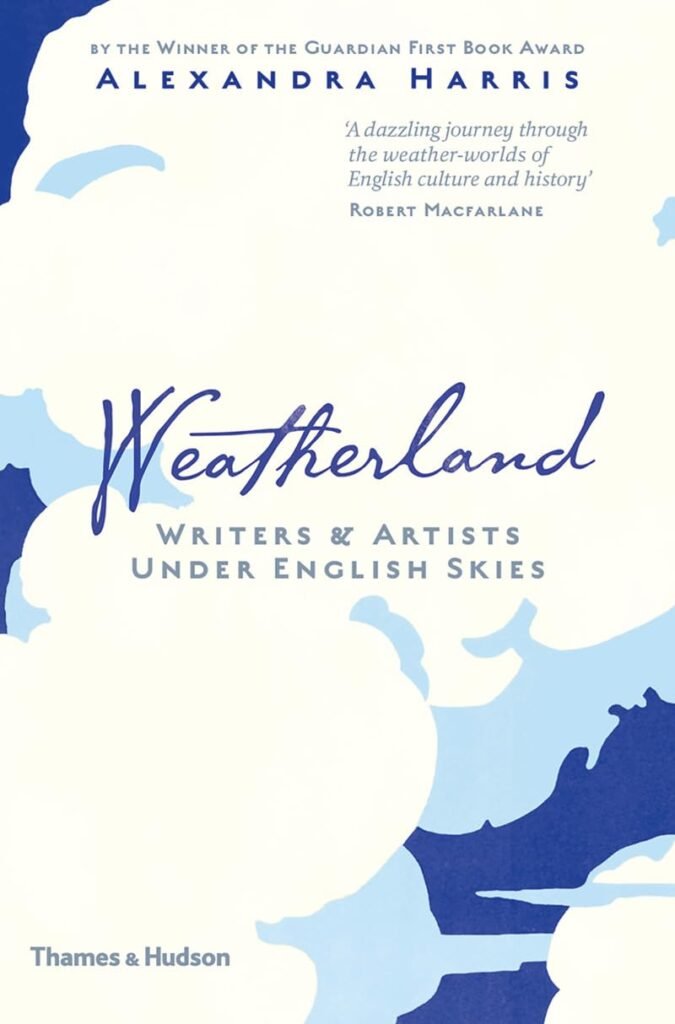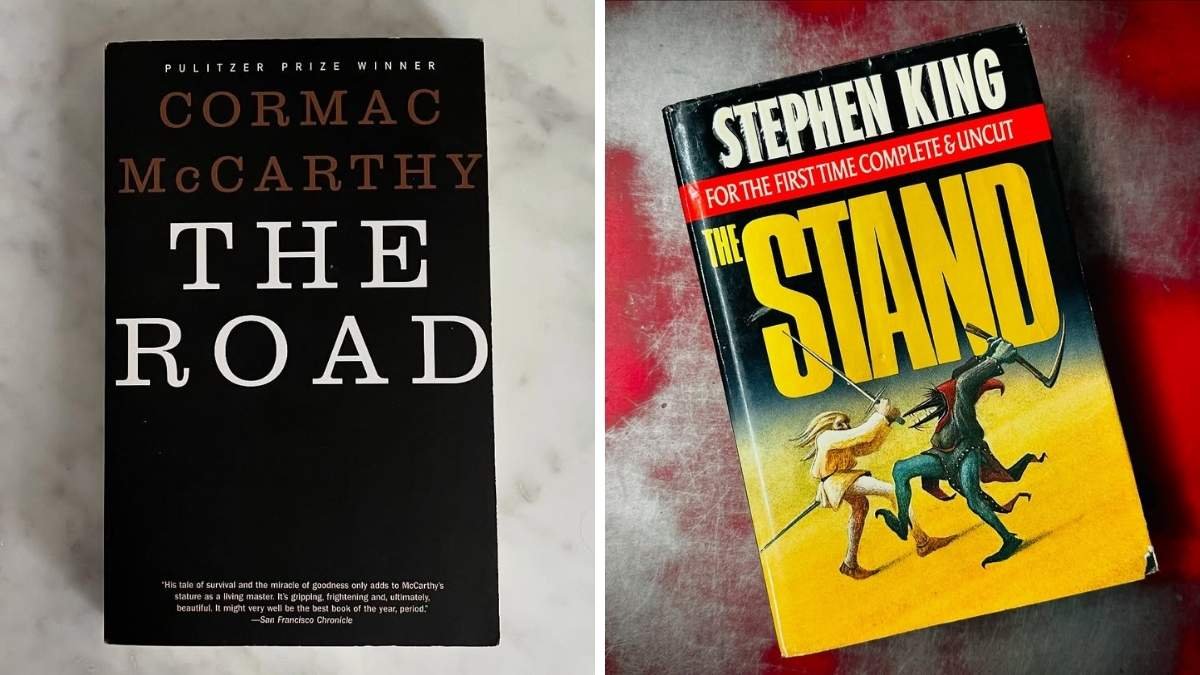
Let’s be real: history gets a bad rap for being dull. Dates, battles, and endless lists of monarchs? Yawn.
But what if I told you history could be a page-turner? A mind-blowing saga of human ingenuity, folly, and the weird habits that shaped the world?
These 22 books prove it. No footnotes, no monotony—just gripping stories that’ll make you say, “Wait, that’s how we got here?” Let’s dive in.
1. Guns, Germs, and Steel by Jared Diamond

Why It’s a Game-Changer: Diamond’s Pulitzer Prize-winning classic answers the ultimate question: Why did some societies conquer others? Spoiler alert—it’s not genetics or culture. The key lies in geography. Think about it: Eurasia’s east-west axis made crop-sharing easier, while the Americas’ north-south layout stifled progress. Diamond weaves theories about geographic determinism and environmental luck into a narrative that’s as addictive as a conspiracy thriller.
The Buzz: Critics praise it as a “landmark work,” but some argue it downplays human agency. Still, it’s a must-read to understand how rivers, climates, and disease shaped empires. Ever wondered why potatoes fueled Europe’s rise? This book’s got your answer.
2. Sapiens: A Brief History of Humankind by Yuval Noah Harari

The Big Idea: Harari argues that our ability to believe in fictional stories (religion, money, nations) is what makes Homo sapiens dominant. From the Cognitive Revolution (when we started imagining things together) to the Agricultural and Scientific Revolutions, he reframes history as a series of experiments.
Why It Sticks: One reader called it “a slap in the face to your assumptions.” Harari’s wit makes dense topics digestible—he compares empires to Ponzi schemes and questions if we’re happier now than in the Stone Age. Spoiler: Not really.
3. The Silk Roads: A New History of the World by Peter Frankopan

Silk Roads, Not Silk Road: Frankopan flips the script on Eurocentric history. Instead of viewing Europe as the center, he argues that Asia’s Silk Roads were the connective tissue of civilization. Alexander the Great, Genghis Khan, and even Jesus get recontextualized as players in a vast network of trade, religion, and ideas.
The Impact: Historian Niall Ferguson called it “a necessary correction.” Frankopan shows how the Middle East and Asia dominated global history for millennia by spotlighting cities like Samarkand and Baghdad. Perfect for anyone tired of “Western Civ” narratives.
4. A People’s History of the United States by Howard Zinn

History from the Bottom Up: Zinn’s radical take tells America’s story through the eyes of enslaved people, workers, and activists—not presidents and generals. He exposes hidden struggles, like the Sioux resistance or the 1914 Ludlow Massacre, where coal miners fought their bosses.
Controversy & Clout: Some schools banned it for being “too critical,” but teachers swear by it. One educator said, “It gives a voice to the silenced.” Pair it with Team of Rivals for a balanced view of Lincoln.
5. The Rise and Fall of the Third Reich by William L. Shirer

The Definitive Nazi Chronicle: Journalist Shirer’s firsthand account of Hitler’s Germany is as gripping as a John le Carré novel. From the Nuremberg Laws to the Holocaust, he uses primary sources to dissect how democracy collapsed into tyranny.
Why It’s Essential: A historian once told me, “This book humanizes Nazis—not to sympathize, but to understand how normal people enabled evil.” It’s a chilling mirror for modern times, showing how propaganda and complacency can unravel a society.
6. The Story of Civilization by Will and Ariel Durant

The Ultimate Historical Ambition: Spanning 11 volumes, this magnum opus chronicles 10,000 years of human history across every continent. The Durants blend art, science, philosophy, and politics into a cohesive narrative that feels less like studying and more like eavesdropping on humanity’s greatest conversations.
The Magic: One reader gushed, “It’s like having a witty dinner party with everyone from Confucius to Newton.” While dense, the Durants’ passion makes even medieval Byzantine politics captivating. Start with Our Oriental Heritage for ancient history, or jump to The Age of Reason Begins for Enlightenment drama.
7. The Better Angels of Our Nature by Steven Pinker

Is the World Getting Worse? Pinker, a psychologist with a historian’s eye, argues that violence has declined dramatically over the centuries. From tribal warfare (50% mortality rate) to modern societies (below 1%), he uses data to show how trade, governance, and “the civilizing process” made us safer.
The Controversy: Some call it “ Pollyanna-ish,” but Pinker’s 800 pages of graphs and examples are hard to dismiss. As he puts it, “We’re less brutal, more empathetic—but our 24-hour news cycle makes it feel otherwise.” Perfect for anyone who thinks the past was “simpler.”
8. Salt: A World History by Mark Kurlansky

The Humble Spice That Changed Everything: Before refrigeration, salt preserved food—and thus, empires. Kurlansky traces how this mineral fueled revolutions, wars, and economies. Gandhi’s Salt March? A protest against British salt taxes. The word “salary”? Derived from Roman soldiers’ salt rations.
The Quirk Factor: It’s equal parts trivia goldmine and serious history. One reviewer noted, “You’ll never look at your shaker the same way.” At under 500 pages, it’s a salty (pun intended) alternative to doorstopper histories.
9. The Devil in the White City by Erik Larson

Murder and Magic in 1893 Chicago: Larson weaves two true stories: the race to build the 1893 World’s Fair (a marvel of innovation) and the spree of H.H. Holmes, America’s first serial killer. Holmes’ “Murder Castle”—a hotel with secret chambers and gas pipes—was blocks from the fair.
The Thrill: Larson’s prose is so riveting, it feels like fiction. Historians praise it as “nonfiction done right,” while true crime fans call it a gateway drug to historical research. Bonus: They introduced the Ferris wheel and Candy Saisins (aka Quaker Oats).
10. The Prize: The Epic Quest for Oil, Money & Power by Daniel Yergin

Black Gold and World Domination: Yergin’s Pulitzer-winning tome traces oil’s impact on global politics from 1859 to the Gulf War. Spoiler: It’s responsible for both Saudi Arabia’s wealth and Saddam Hussein’s rise. The Rockefeller family’s monopolistic shenanigans alone are worth the read.
The Relevance: One energy expert said, “This book predicted 2023’s oil crisis in 1991.” While dense, Yergin’s storytelling turns corporate histories into edge-of-your-seat drama. Plus, its analysis of climate change denial is eerily prescient.
11. Empire of Cotton by Sven Beckert

The Fabric of Modern Capitalism: Beckert’s Bancroft Prize-winning book reveals how cotton—a humble crop—fueled industrialization, slavery, and global capitalism. From Mughal India’s collapse to the British Empire’s rise, he shows how textiles rewired the world.
The Takeaway: It’s not just about economics. Beckert’s vivid storytelling turns cotton into a character. As one reviewer said, “You’ll never look at your T-shirt the same way.” Perfect for anyone who thinks history is detached from daily life.
12. The Fiery Trial: Abraham Lincoln and American Slavery by Eric Foner

Lincoln, Reimagined: Foner, a Pulitzer-winning historian, tackles the “Great Emancipator” myth. He shows Lincoln’s slow evolution—from racist pragmatist to advocate for Black citizenship—against the backdrop of the Civil War.
The Depth: Foner’s research is exhaustive, but his writing is anything but dry. He humanizes Lincoln without hero worship. As he puts it, “Lincoln wasn’t born great—he grew into it.” A must for anyone tired of oversimplified presidential narratives.
13. Master Slave Husband Wife by Ilyon Woo

The boldest escape of the 19th century: This Pulitzer Prize-winning biography chronicles the 1848 escape of William and Ellen Craft, an enslaved couple who traveled openly to freedom—Ellen disguised as a white man, with William posing as “his” servant.
The Power: Woo’s meticulous research resurrects a story that feels like a spy thriller. One reader called it “a masterclass in resilience.” The Crafts’ journey highlights Black ingenuity in the face of systemic brutality.
14. A Fatal Thing Happened on the Way to the Forum by Emma Southon

Murder in Ancient Rome, with Attitude: Southon’s snarky, pop-culture-laced take on Roman homicide makes the past feel alive. She dives into famous killings—like Julius Caesar’s assassination—while exposing Rome’s violent social norms.
The Hook: Think Game of Thrones meets True Crime. Southon’s humor (“Romans loved drama, preferably involving blood”) keeps you laughing while learning. It’s academic rigor wrapped in sarcasm.
15. How to Build a Car by Adrian Newey

Engineering as Epic Storytelling: Newey, Formula 1’s design genius, blends technical details with personal anecdotes to recount his journey in racing. You’ll geek out over aerodynamics one minute and tear up over his tributes to colleagues the next.
The Appeal: Even non-car people love it. Newey’s passion for problem-solving turns science into a universal language. One reviewer noted, “It’s not about cars—it’s about creativity under pressure.”
16. The Map of Knowledge by Violet Moller

The Journey of Ancient Wisdom: Moller’s book takes you on a whirlwind tour of seven cities that preserved classical knowledge: Alexandria, Baghdad, Cordoba, Toledo, Salerno, Palermo, and Venice. She uncovers how texts like Euclid’s Elements and Galen’s medical works were saved from oblivion by scholars and translators.
The Magic: It’s like a treasure hunt through time. Moller’s storytelling makes you feel the urgency of preserving knowledge during the Dark Ages. As one reviewer put it, “History nerds will geek out over this one.” Perfect for anyone who wonders how the ancient world shaped modern thought.
17. Medieval Bodies by Jake Hartnell

The Human Side of the Middle Ages: Hartnell explores how medieval people viewed their bodies through religion, medicine, and art. With full-color illustrations, he shows how ideas about health, sin, and the afterlife shaped daily life.
The Hook: Hartnell’s writing is both scholarly and accessible. One reader noted, “I never realized how fascinating medieval health beliefs could be.” It’s a vivid reminder that the past isn’t just foreign; it’s eerily familiar.
18. The Hare with Amber Eyes by Edmund de Waal

A Family’s Journey Through Centuries: Edmund de Waal’s memoir follows the story of his family, the Ephrussis, through their collection of Japanese netsuke—tiny sculptures that become a thread through generations. From the rise of the family in Odessa to their fall in Vienna during the Holocaust, de Waal weaves a tale of art, memory, and survival.
The Personal Touch: De Waal’s writing is both intimate and expansive. One reader described it as “a love letter to family and art.” The netsuke, with their intricate details, become symbols of resilience. Perfect for anyone who loves family sagas and the power of small objects to tell big stories.
19. Opening Pandora’s Box: Phrases Borrowed from the Classics and the Stories Behind Them by Ferdie Addis

The Hidden Histories of Everyday Language: Addis uncovers the origins of phrases like “sour grapes” and “the lion’s share,” tracing them back to Greek and Roman myths.
The Quirk Factor: At just 162 pages, it’s a quick but enlightening read. One reviewer called it “a linguistic treasure hunt.” You’ll never hear clichés the same way again.
20. Weatherland by Alexandra Harris

The Climate of History: Harris uses weather as a lens to explore English history, from the Anglo-Saxons to the Victorian era. She links climate events to art, literature, and politics, revealing how rain, snow, and storms shaped the national psyche.
The Beauty: Written in lyrical prose, it’s as much a love letter to England as it is a history book. One reader gushed, “Harris turns weather into poetry.” It’s perfect for anyone who loves literature and wants to see history through a fresh angle.







